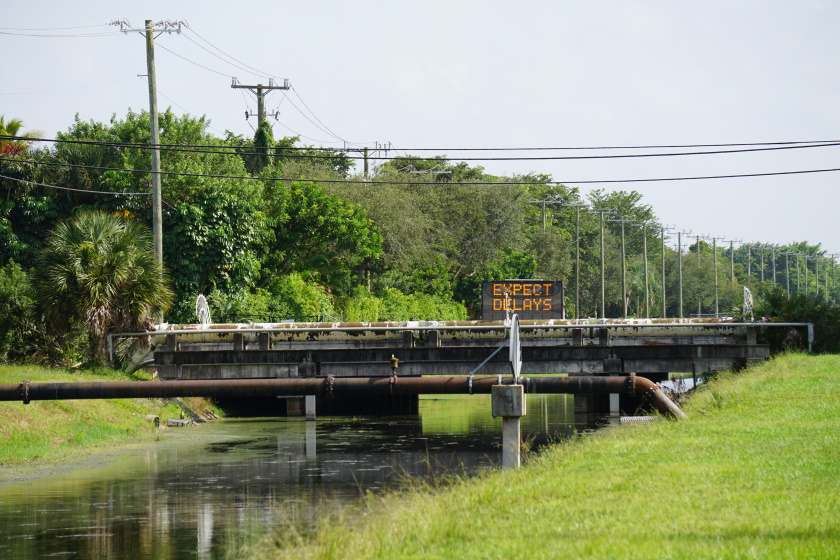Delayed applications, remedies are a phenomenon at Canada’s immigration department. Remedies exist, but this issue affects spousal, parent, dependent children, overseas refugees, as well as the temporary resident seekers: students, workers, visitors.
Extent of The Delay in Applications
Some of Canada’s Members of Parliament have been informed that spousal and common law applications may suffer an additional six to twelve months due to the pandemic.
This delay is apparent in the fact that there are approximately 13000 in-Canada spousal applications in process since March of 2020.
You can request urgent processing through the urgent web form, where the 2-5 business days is the standard (but not guaranteed) timeline to get a response. Proof of the urgency may trigger a favourable response to the request to expedite an application, but this would depend on certain factors. Such factors would include the quality/credibility of the evidence supporting the need for urgent processing, and whether alternatives to expediting the case are adequate given the lower capacity of Canada’s immigration system to process spousal/common law applications more quickly.
Refugee Applications Delayed
Similarly, many persons in Canada who intend to file a refugee claim inside of Canada cannot do so. The reason is that the initiating step, namely the eligibility interviews (which take place at an office inside of Canada) have not yet been restarted. This places a toll on such persons as they are in Canada in a state of ‘limbo’ – not with a clearly defined status under Canada’s laws of temporary residence.
Application Landing Delays for Permanent Residence
An increasing problem are those persons who were issued a COPR (Confirmation of Permanent
Residence) but were stuck outside of Canada due to Covid-19 and now possess an expired COPR. This issue that connects delayed applications remedies is a complex scenario that is difficult for Canada’s immigration department to address. Consequently, it appears that there will be some delay before such persons possessing expired COPRs are allowed to land in Canada. Good record keeping of the attempts to return to Canada would be useful when the immigration department becomes more responsive to these lapsed COPR holders seeking to land as permanent residents for the first time.
Remedies for Delayed Applications
Study permit aspirants have some respite from the delays given that the department will allow studies to commence outside of Canada after the approval in principle stage has been reached on their study permit application. The approval in principle requires a visa officer to make a finding that the person is eligible for a study permit, as well as being satisfied that biometrics and police clearances have been submitted. Attending school remotely in a different time zone won’t substitute the Canadian learning experience which entails “rubbing shoulders” with Canadian students and engaging in cultural exchange.
Work permit applicants outside of Canada may have faster processing if they are seeking to work in a critical/essential job in Canada such as agricultural workers, truck drivers and food supply workers.
Some applications have less rigid requirements in terms of supporting documents. For example, if you are contemplating filing a spousal or common law application, an immigration officer will give 90 days to add a required missing document such as a valid marriage certificate.
If your visa or permit or permanent resident landing or permanent resident card is delayed contact Chaudhary Law Office.
You can do that HERE.

